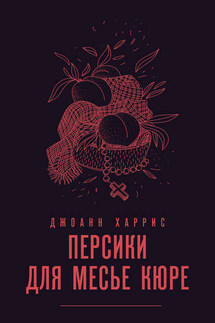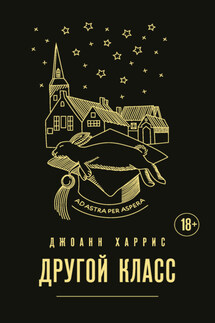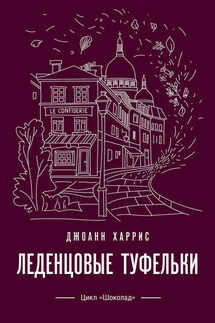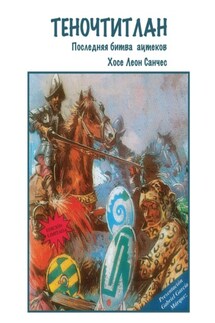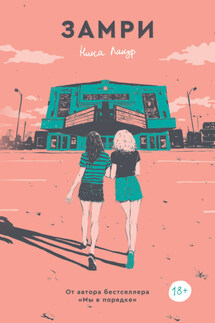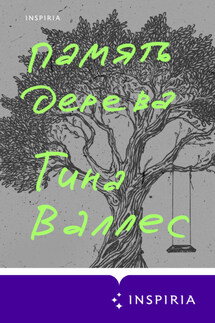Five Quarters of the Orange / Пять четвертинок апельсина - страница 63
“I’m sure the police will tell you that the cyclists themselves are responsible, not I.” He sounded amused. “Really, madame, I’m trying to be reasonable, but threats and accusations aren’t going to solve the problem…”
I left feeling strangely culpable, as if I, and not he, had made the threats. That night I slept fitfully, and in the morning snapped at Prune for spilling her milk, and at Ricot for playing soccer too close to the kitchen garden. Pistache looked at me oddly – we had barely spoken since the night of Yannick’s visit – and asked if I felt all right.
“It’s nothing,” I said shortly, and returned to the kitchen in silence.
3
For the next few days the situation gradually worsened. There was no music for two days, then the music began again, louder than ever. Several times the gang of motorcyclists called, each time revving violently as they arrived and left, and doing laps around the block where they raced one another and uttered long ululating cries. The group of regulars at the Snack-Wagon showed no sign of diminishing, and every day I spent longer and longer picking up discarded cans and papers from the sides of the road. Worse still the wagon began to open in the evenings too, from seven until midnight – coincidentally, these were identical to my own hours-and I began to fear the sound of the wagon’s generator as it powered up, knowing that my quiet crêperie would soon be facing an ever-growing street party. A pink neon strip above the wagon’s counter announced, Chez Luc, Sandwiches-Snacks-Frites, and the fairground smells of frying and beer and sweet hot waffles filled the soft night air.
Some of my customers complained. Some simply stayed away. By the end of the week, seven of my regulars had seemingly stopped coming altogether and the place was half empty on weekdays. On Saturday a group of nine came from Angers, but the noise was especially bad that evening, and they looked nervously at the crowd at the roadside where their cars were parked, finally leaving without dessert or coffee and with the conspicuous absence of a tip.
This couldn’t go on.
Les Laveuses has no police station, but there is one gendarme, Louis Ramondin-François’s grandson-though I never had much to do with him, he being from one of the Families. A man in his late thirties, lately divorced following a too-early marriage to a local girl, with the look of his uncle Guilherm, the one with the wooden leg. I didn’t want to talk to him now, but I could feel everything slipping away from me, pulling me apart in every direction, and I needed help.
I explained the situation with the Snack-Wagon. I told him about the noise, the litter, my customers, the motorcycles. He listened with the look of an indulgent young man talking to a fussy grandmother, nodding and smiling so that I longed to knock heads with him. Then he told me-in the cheery, patient tone the young reserve for the deaf and the elderly-that no law was as yet being infringed. Crêpe Framboise was on a main road, he explained. Things had changed since I first moved to the village. He might be able to talk to Luc, but I must try to understand…
Oh, I understood. I saw him later by the Snack-Wagon, out of uniform, chatting with a pretty girl in a white T-shirt and jeans. He had a can of Stella in one hand and a sugared waffle in the other. Luc gave me one of his satirical smiles as I went by with my shopping basket, and I ignored them both. I understood.
